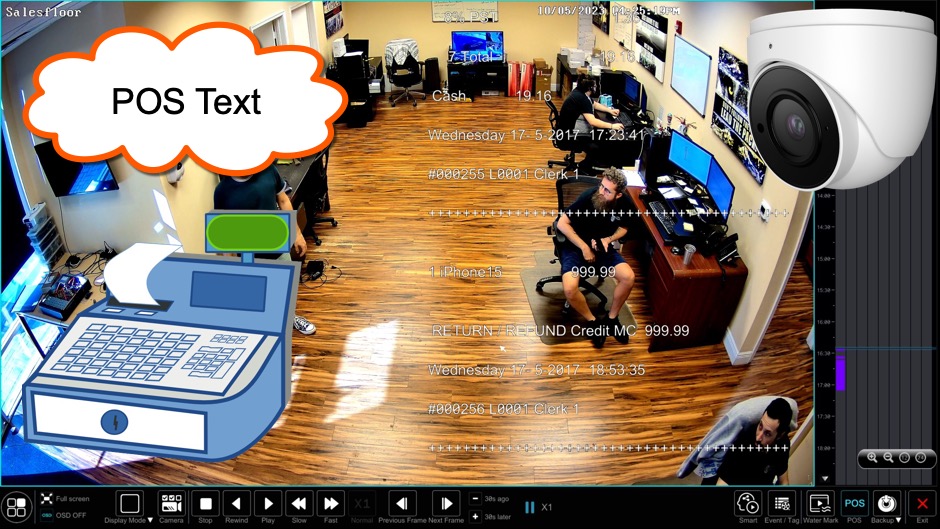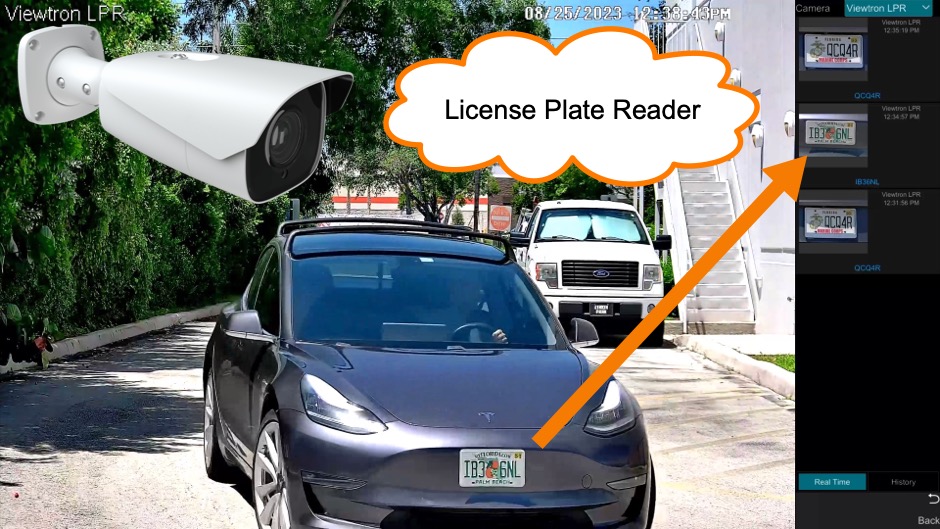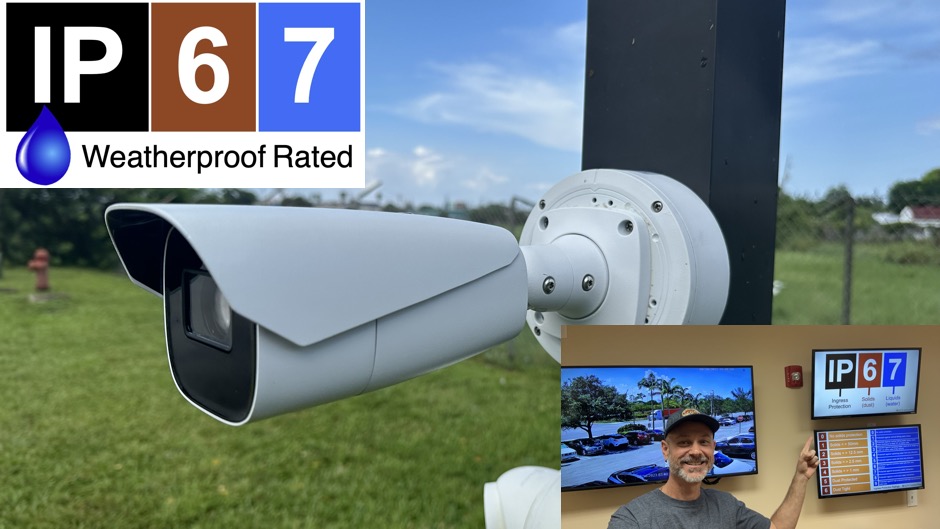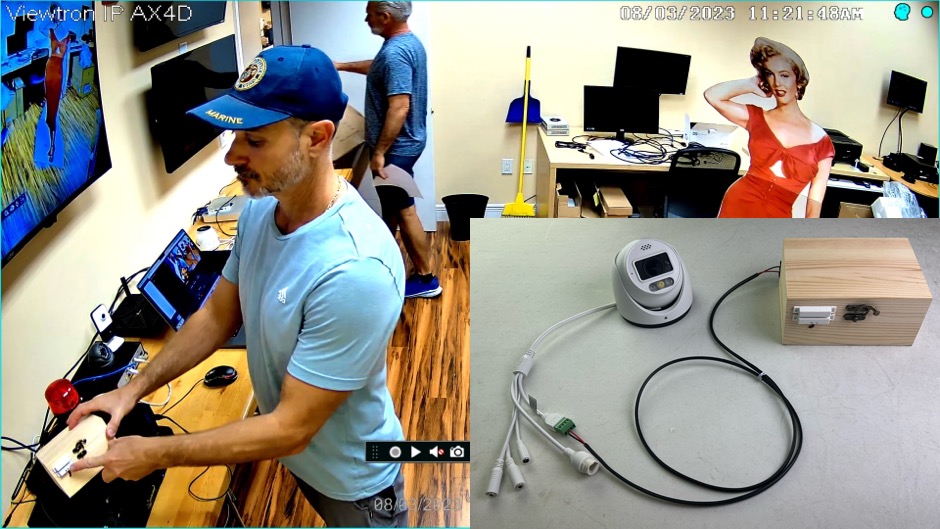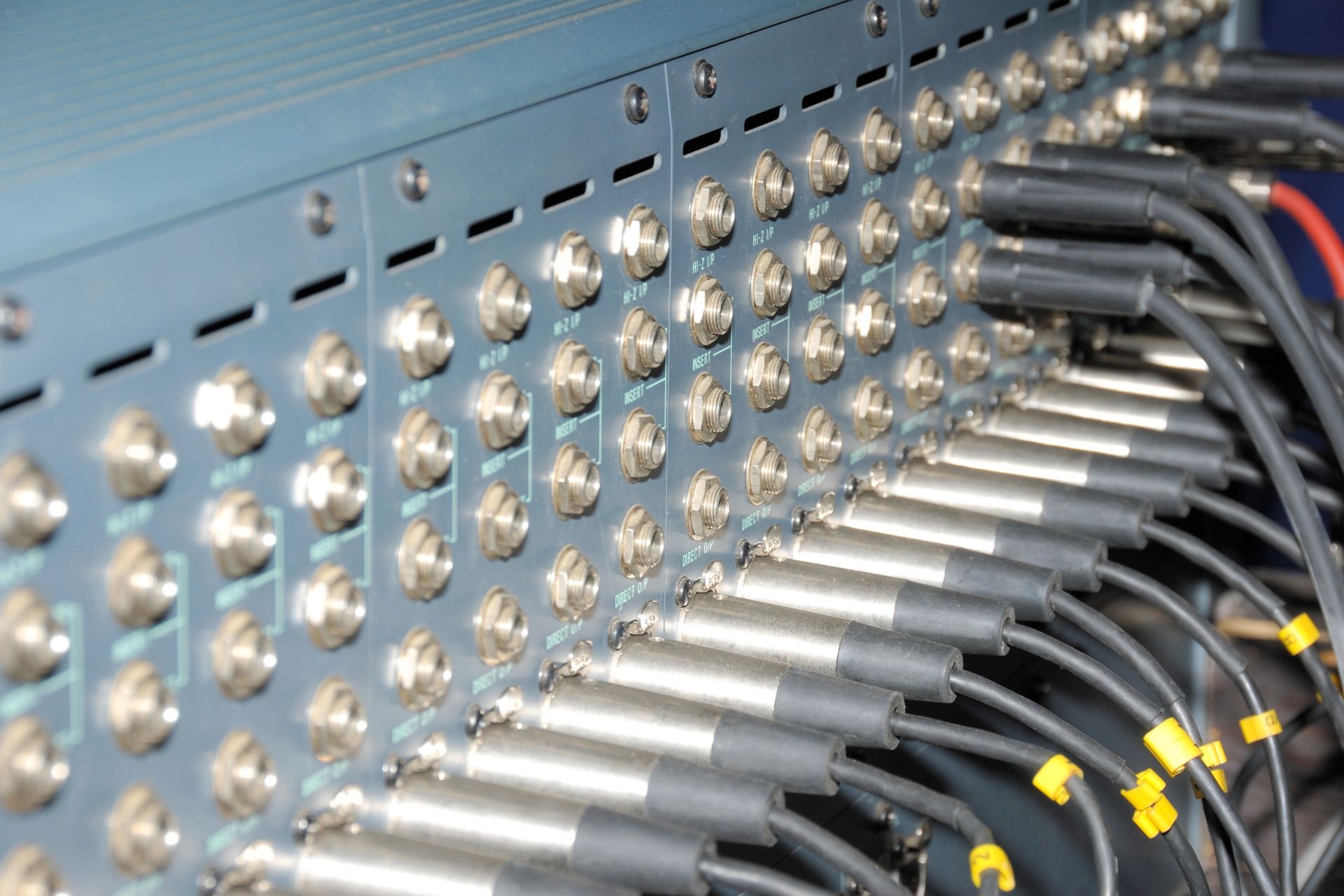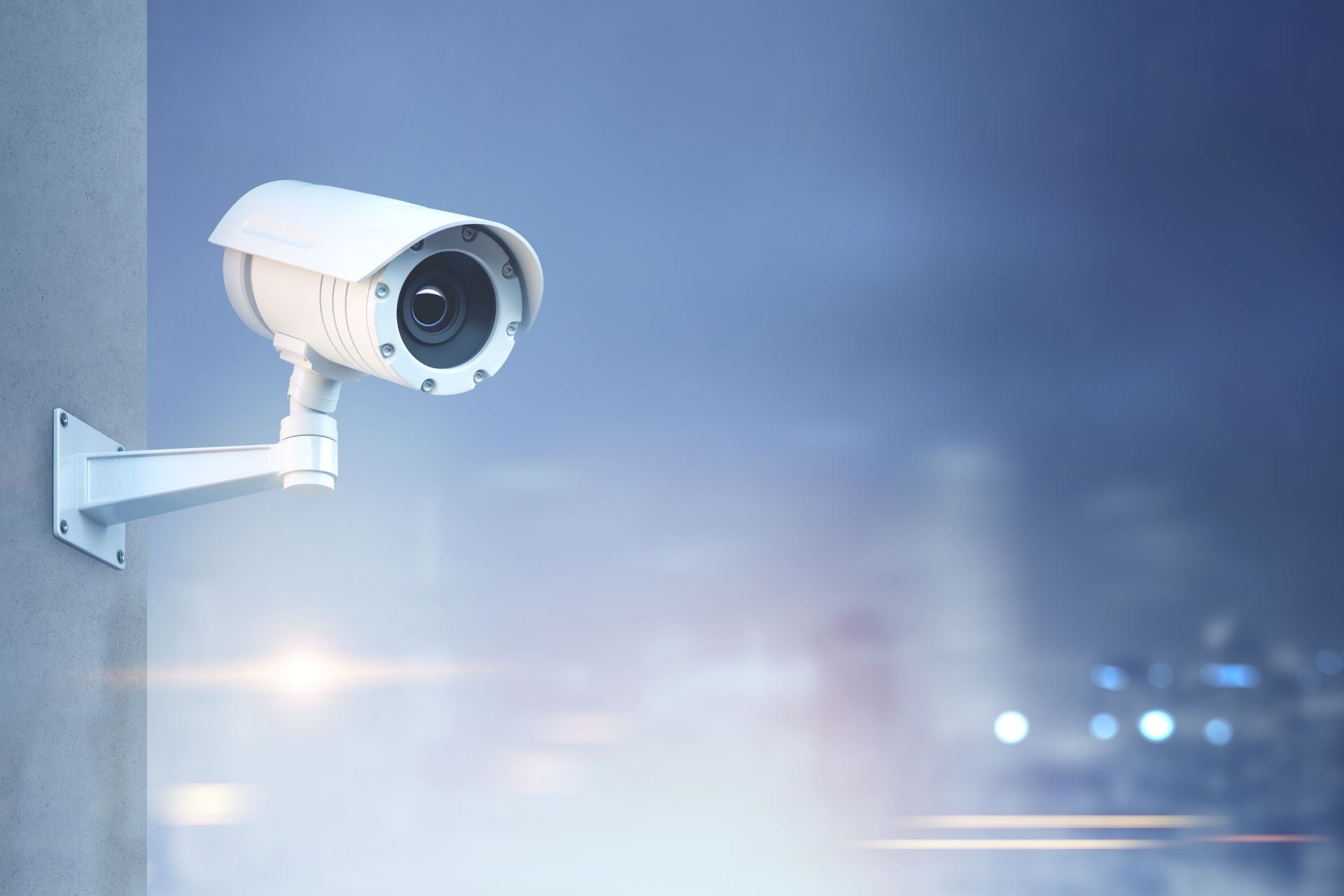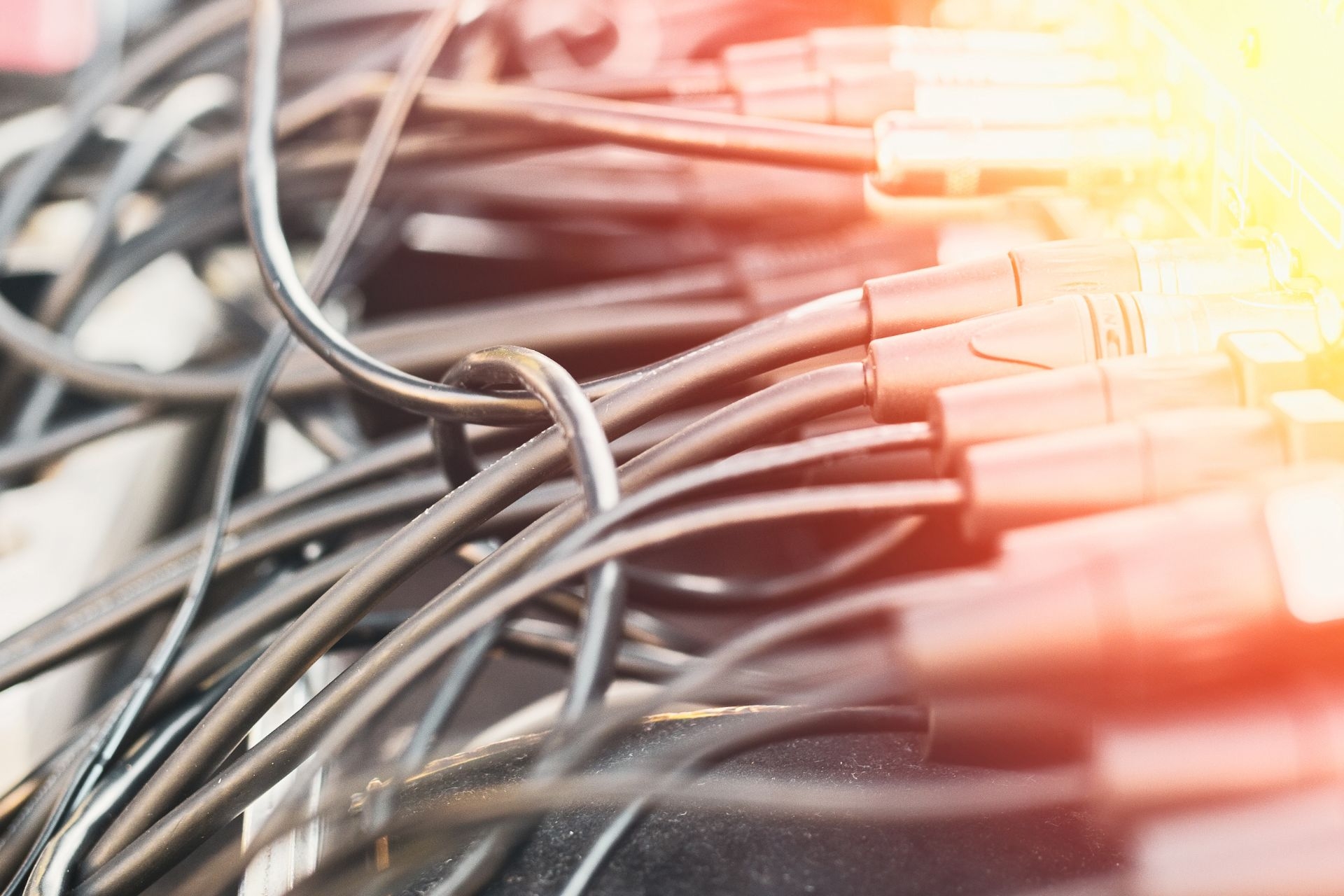Solar-Powered Camera Systems
How do solar-powered camera systems utilize photovoltaic cells to convert sunlight into electricity?
Solar-powered camera systems utilize photovoltaic cells by converting sunlight into electricity through the photovoltaic effect. When sunlight hits the photovoltaic cells, it excites the electrons within the cells, creating an electric current. This electricity is then stored in batteries or used directly to power the cameras, allowing for continuous operation without the need for grid electricity.

